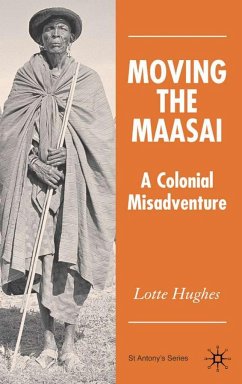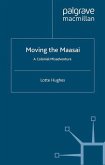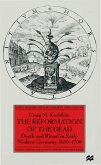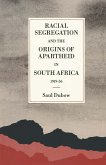This is the scandalous story of how the Maasai people of Kenya lost the best part of their land to the British in the 1900s. Drawing upon unique oral testimony and extensive archival research, Hughes describes the intrigues surrounding two enforced moves and the 1913 lawsuit, while explaining why recent events have brought the story full circle.
'[A] fascinating account of imperial land theft.' - Tribune
'Hughes' book tells the story of the most significant event in 20th-century Masai history: the forcible dispossession of Masai territories by the colonial government to make way for British settlement. Hughes has meticulously pieced together an account of the evictions and the court cases from a range of official and unofficial sources. Beyond the traditional archival records she has used, she also interviewed Masai survivors of the second move, and managed to retrieve some of the correspondence of Norman Leys, a colonial doctor in colonial Kenya who harshly criticised the Masai moves.' - The Sunday Times South Africa
'Moving the Maasai is a compelling analysis of the history and legacies of the Maasai moves of 1904 and 1911 and the ensuing 1913 court case in Kenya...She reveals the people, processes, principles, and power behind the production of these 'facts,' providing an absorbing study of history-in-the-making.' - Dorothy L Hodgson, African Affairs, Vol 107, No 427, April 2008
'Hughes' book tells the story of the most significant event in 20th-century Masai history: the forcible dispossession of Masai territories by the colonial government to make way for British settlement. Hughes has meticulously pieced together an account of the evictions and the court cases from a range of official and unofficial sources. Beyond the traditional archival records she has used, she also interviewed Masai survivors of the second move, and managed to retrieve some of the correspondence of Norman Leys, a colonial doctor in colonial Kenya who harshly criticised the Masai moves.' - The Sunday Times South Africa
'Moving the Maasai is a compelling analysis of the history and legacies of the Maasai moves of 1904 and 1911 and the ensuing 1913 court case in Kenya...She reveals the people, processes, principles, and power behind the production of these 'facts,' providing an absorbing study of history-in-the-making.' - Dorothy L Hodgson, African Affairs, Vol 107, No 427, April 2008








